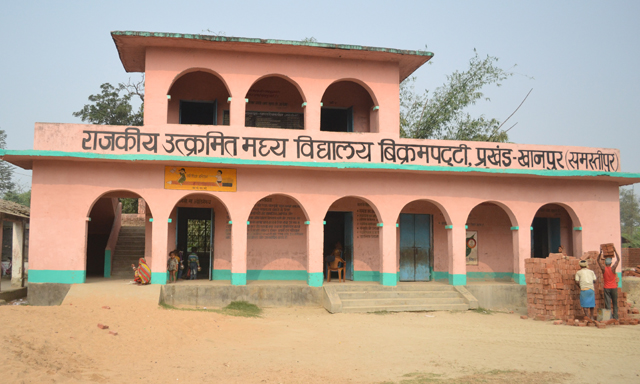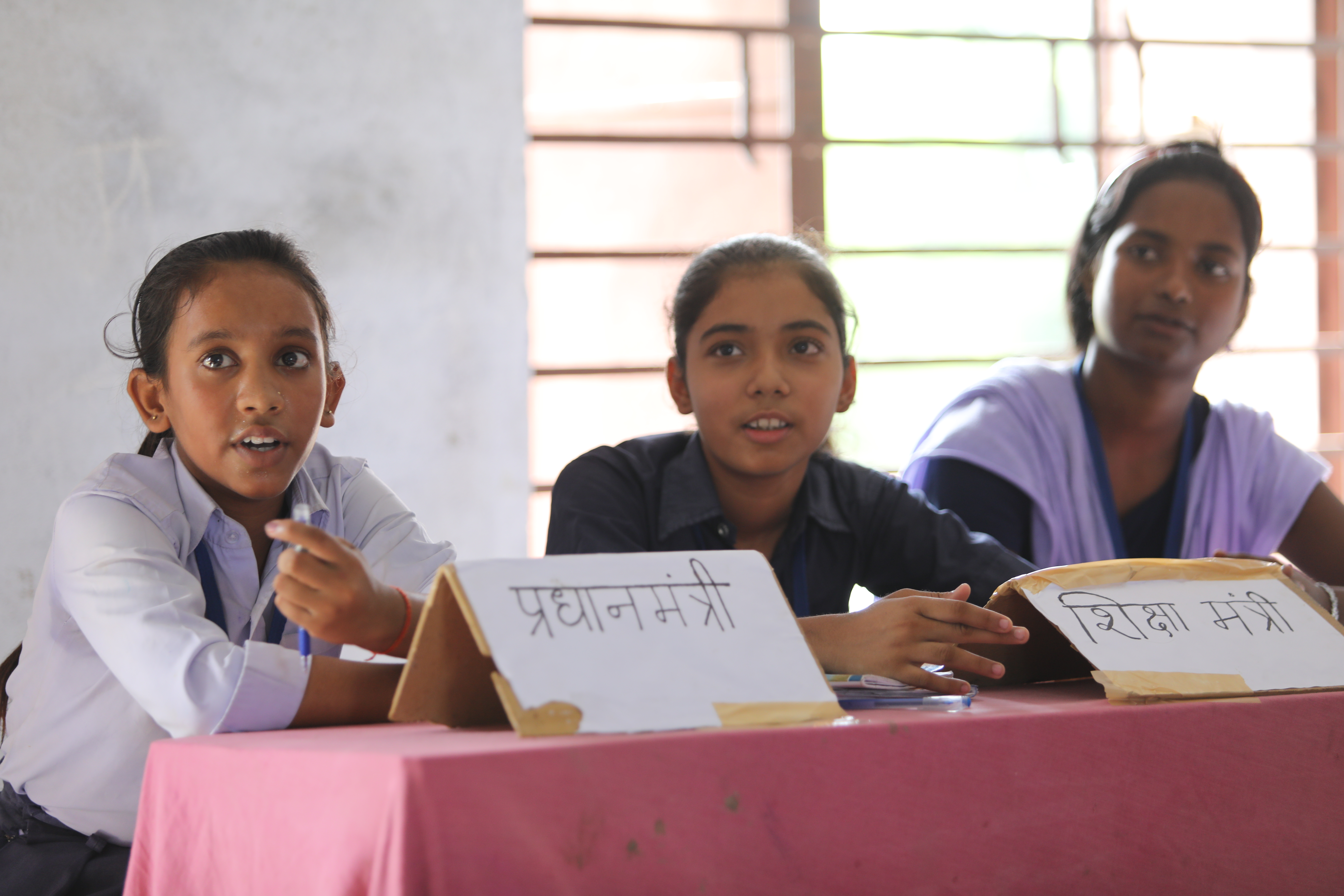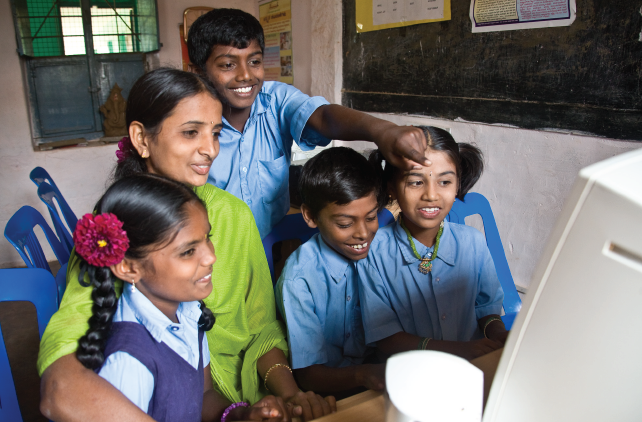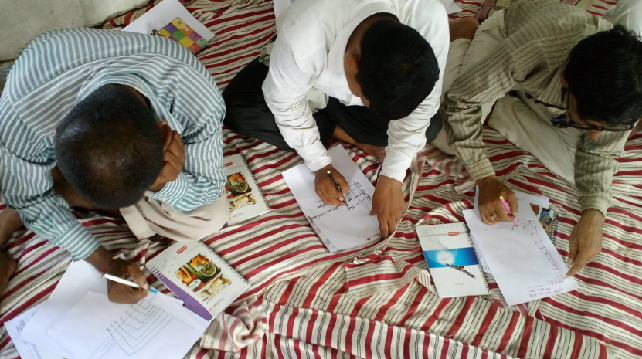It is unfortunate that the words ‘government’ and ‘relations’ taken in conjunction commonly inspire perceptions of inaccessibility and hopelessness. Navigating this diplomatic tightrope may be a skill perfected by a blend of tact and credibility, but real-time experience goes a long way too.
While ivory-towered optimism is always eclipsed by the realities on ground, I don’t think starting off with that attitude is necessarily a bad thing, as long as expectations driven by that passion is managed well. I speak from personal experience when I offer this caveat, because for all the policies that are in place to ensure good practises, the execution phase can be very challenging.
Continue reading “Lessons learnt in government relations”




You must be logged in to post a comment.